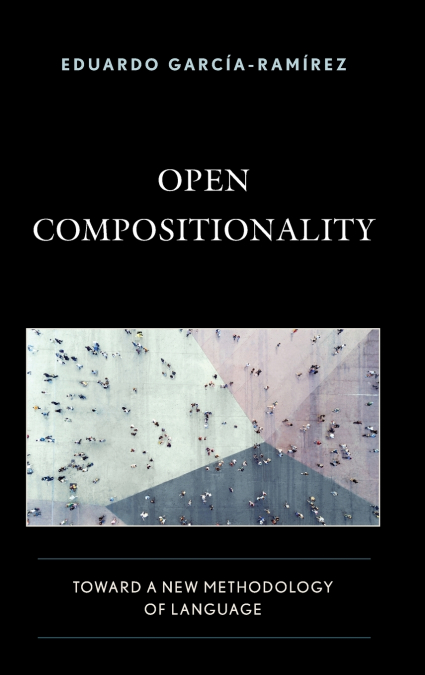
Eduardo García-Ramírez
Open Compositionality: Towards a Methodology of Language offers a fresh view into human languages as supermodular, highly interactive cognitive capacities allowing for human unique thought and communication. It is a novel account of semantics as decision-making in tandem with the cognition first methodology.